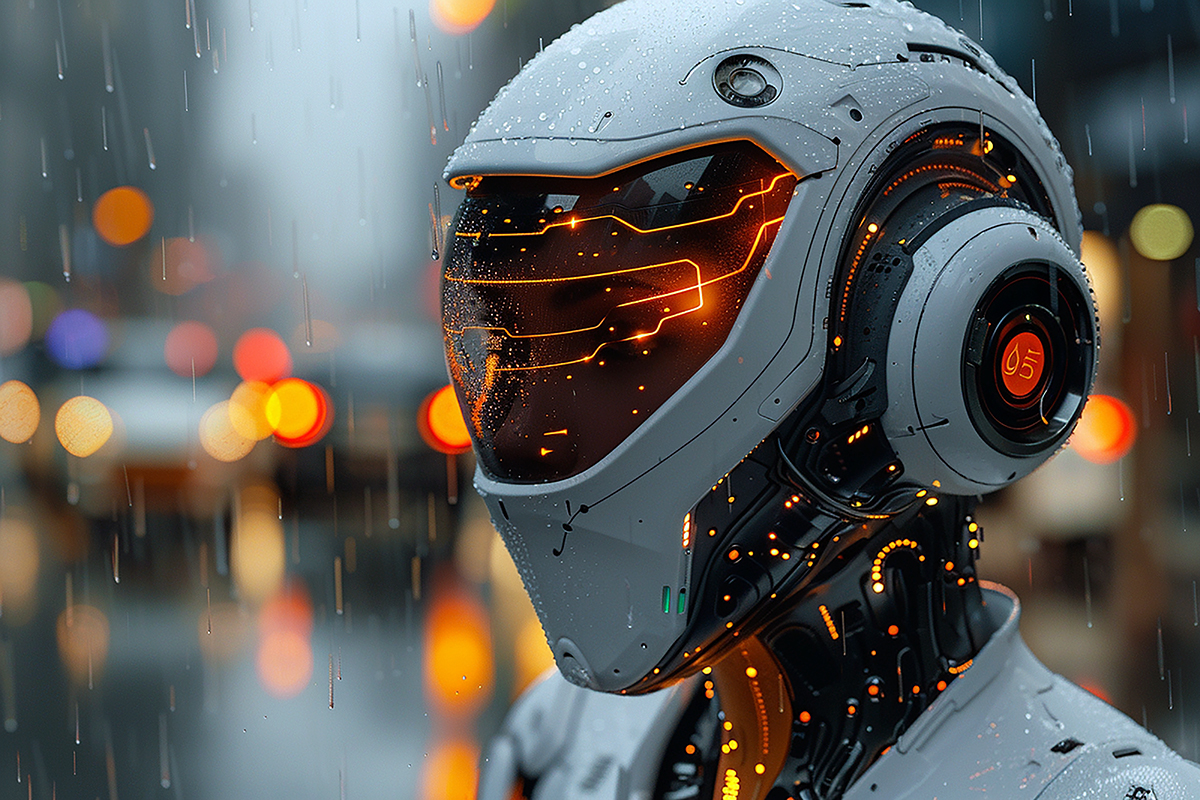
As a digital marketing expert navigating the ever-evolving landscape, I often encounter the claim that “SEO is dead.” Yet, I advise a more thoughtful approach before embracing such sweeping statements. The rise of Artificial Intelligence (AI) in search engines has undeniably transformed the way we develop and apply SEO strategies. Contrary to making SEO irrelevant, AI has intensified its importance. What we’re witnessing isn’t the end of SEO but a shift towards more intelligent, responsive strategies that align closely with how AI technologies are reshaping search dynamics.
The Misconception of SEO’s Demise
The proclamation that SEO is dead stems from a misunderstanding of what SEO currently involves. In its early days, SEO was heavily focused on keyword stuffing and backlink farming—techniques that are now penalized by modern search algorithms. Today, SEO is about understanding user intent, providing high-quality content, and ensuring a seamless user experience. As search engines become more sophisticated, the need for an equally sophisticated SEO strategy becomes more apparent—not less.
AI’s Role in SEO Evolution
AI’s integration into search engines like Google, with algorithms such as RankBrain, has shifted the focus from traditional ranking factors to more nuanced elements like context and user engagement. This doesn’t mean SEO is less important; rather, the parameters have changed. AI can analyze vast amounts of data more efficiently than humans, allowing search engines to offer more relevant results at a much faster rate. This capability means that SEO strategies now need to be more adaptive and intelligent, focusing on optimizing for AI-driven algorithms as well as human users.
What SEO Looks Like Today
Modern SEO is no longer just about keywords and links. It’s about holistic website optimization that caters to user experience. This includes mobile optimization, fast loading times, and secure connections, as well as high-quality, engaging content that meets the needs of users. Voice search optimization and AI-generated content are also becoming integral parts of the landscape, demanding a deeper understanding of technology and user behavior.
The Constant: Quality Content
Despite the advances in technology, content remains king in the realm of SEO. AI has become proficient at distinguishing between high-quality content and low-effort content. Search engines aim to serve the most accurate and engaging content to users, and achieving this is impossible without investing in good content creation. Thus, the essence of SEO—enhancing the visibility of quality content—remains unchanged.
Future-Proofing SEO Strategies
For businesses looking to stay ahead, understanding AI’s implications on SEO is critical. This means keeping abreast of changes in search engine algorithms, adopting ethical SEO practices, and continually adapting strategies to align with how AI technologies evolve. SEO is about embracing change and anticipating future trends, which currently include AI and machine learning.
To declare SEO dead is to overlook the essence of what it has become: a sophisticated, dynamic field that adapts to the continuous advancements in technology. AI, rather than eliminating the need for SEO, has deepened and expanded its scope. As long as there are search engines, there will be a need for SEO. The key lies in understanding that SEO’s evolution is perpetual and that its practices must evolve accordingly to remain effective. Therefore, it’s not time to say goodbye to SEO; it’s time to adapt and advance.

